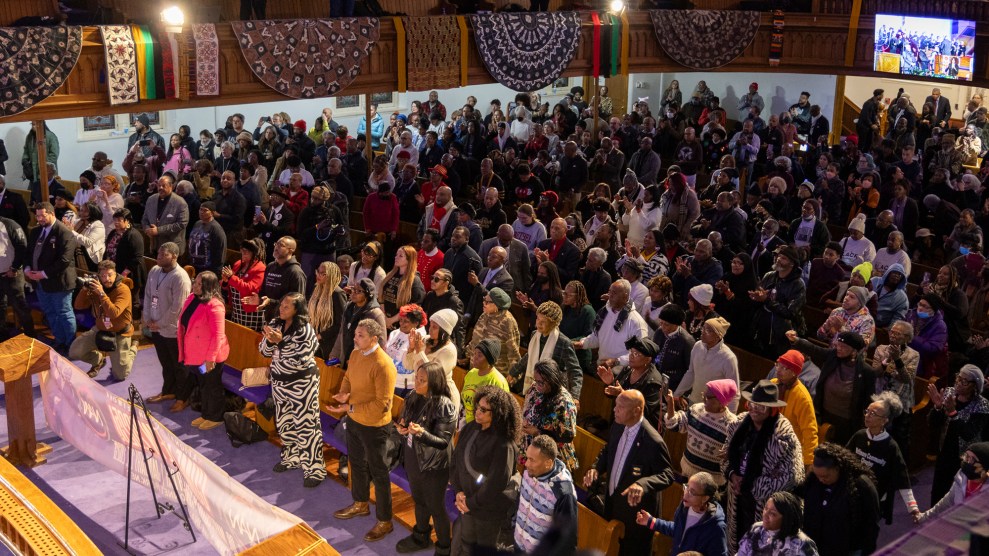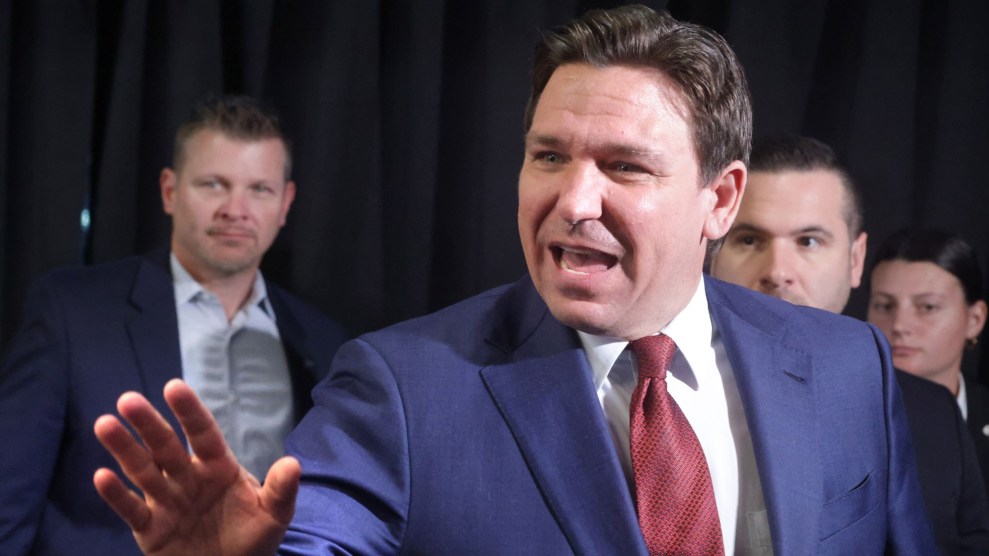You might have heard already that the tobacco lawyers took the attorneys general for a ride when it came to the regulatory powers of the Food and Drug Administration (FDA). The proposed tobacco agreement would allow the FDA to regulat e nicotine, with a few stipulations: The FDA would have to prove, for example, that any regulation of nicotine content would not result in a significant black market for cigarettes. Sounds good — except that the FDA already has the power to regulate toba cco, without having to worry about any stipulations. The tobacco agreement would limit the power of the FDA, not increase it.
It looks like Big Tobacco pulled the same trick on the Occupational Safety and Health Administration (OSHA). The tobacco deal would ban smoking in the workplace, except for restaurants, bars, casinos, private clubs, and a few other public places. Sounds t ough, right? Well, OSHA already has the power to ban smoking in the workplace; in fact, OSHA has already proposed regulations that would ban smoking in the workplace altogether. No e xemptions. No loopholes, for restaurants or any other businesses.
That means the workplace smoking clause in the tobacco agreement is really a concession to the cigarette makers. Unless Congress specifically strikes the clause and lets OSHA keep its power to regulate, the agreement would supersede OSHA. Like the FDA cla use, it actually would take away powers that an agency already has, under the guise of furthering the regulation of tobacco.
To make matters worse, the proposed exemptions would affect those workers who can least afford it. Says Josh Cooper, a lobbyist for the American Lung Association, “You’re exempting people who are exposed the longest to environmental tobacco smoke [secondh and smoke]: hospitality workers, waiters, and bartenders who work eight-hour shifts.”
If Congress doesn’t close the OSHA loophole, workplace safety for millions of bar and restaurant workers could go up in smoke.
Back to “Tobacco’s Lucky Strike”
















